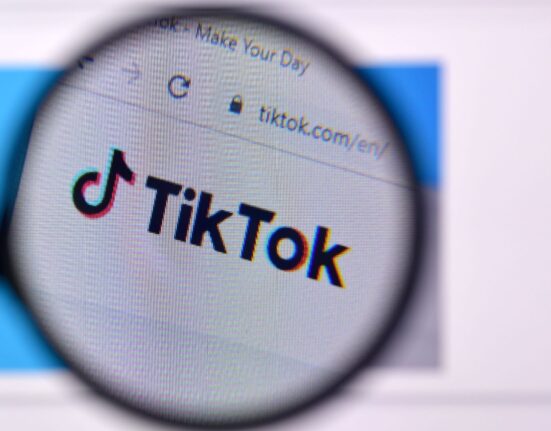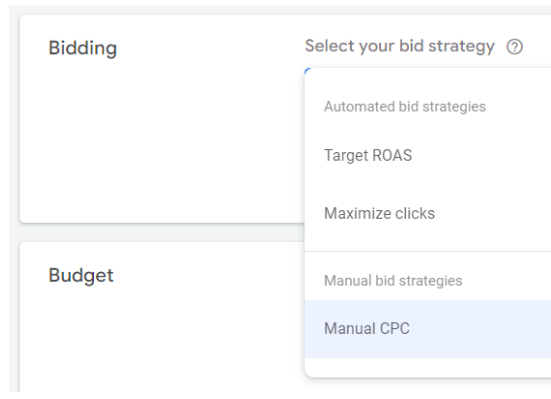The holiday shopping season is fast approaching, and with it comes the biggest sales opportunity of the year—Black Friday and Cyber Monday (BFCM). To stand out in the crowded marketplace and truly maximize your sales, you need more than just a basic plan. A strategic approach that leverages proven tactics and insights from top-performing brands is essential.
Understanding the Holiday Shopping Landscape
Today’s shoppers crave personalized experiences and seamless interactions across multiple channels. This means your BFCM strategy must be agile, targeted, and data-driven. By analyzing past performance data and staying updated on current trends, you can better anticipate customer needs and tailor your offerings to meet those expectations.
Need a Little Guidance?✨
Sometimes, success requires more than just a general plan. It’s about accessing the right tools and insights that can guide you to success. That’s where our latest toolkit comes in—offering not just general advice, but proven strategies from 80,000 successful brands that thrived during last year’s BFCM.
This comprehensive toolkit provides data-driven guidance in key areas to ensure your campaign is a success:
1) Grow Your Lists 📈
Building and expanding your subscriber base is crucial for a successful BFCM campaign. Our toolkit offers strategies for using optimized forms that attract more subscribers. These forms are designed to capture essential information and engage potential customers effectively, laying the groundwork for future marketing efforts.
2) Boost Campaign Results
To maximize the performance of your marketing campaigns, understanding how to optimize them across various channels is key. The toolkit provides actionable tips on enhancing your campaign results, whether through email, social media, or paid advertising. By leveraging data and insights, you can optimize your ad spend, craft compelling messages, and strategically time your promotions to reach your target audience.
3) Prepare for New Visitors
BFCM often brings a surge of traffic to your site, so it’s crucial to be prepared. The toolkit guides you through optimizing your workflows and website performance to handle increased traffic smoothly. This includes preparing your site for high volumes of visitors, streamlining your checkout process, and ensuring your inventory management can handle the influx of orders.
Each section of the toolkit includes three straightforward steps, complete with actionable templates, checklists, and strategies tailored to businesses of all sizes. This structured approach helps you implement these strategies effectively, regardless of the scale of your operations.
Meeting Consumer Expectations: Payment, Delivery, and Shopping Trends
As we approach BFCM, it’s essential to consider consumer preferences that have evolved over recent years.
Diverse Payment Options: Since the pandemic, shoppers have shown a preference for businesses that offer a variety of payment options. Beyond traditional debit and credit cards, e-wallets, prepaid cards, gift cards, and even cryptocurrencies are gaining popularity. Financing options like 0% installments and Buy Now, Pay Later (BNPL) are particularly appealing for big-ticket holiday purchases. BNPL usage has been on the rise since 2021 and is expected to be used by 40% of internet users by 2026.
Convenient Delivery and Pickup Options: Convenience is paramount, especially for younger shoppers. Offering a range of delivery and pickup options gives businesses a competitive edge. Buy Online, Pickup In-Store (BOPIS) or Click-and-Collect has become a preferred method, gradually replacing curbside pickup. BOPIS has seen consistent growth and is expected to account for 8.5% of all retail eCommerce sales in 2023.
Targeting Younger Shoppers: Millennials and Gen Z, aged 25 to 44, are expected to dominate Black Friday shopping. This tech-savvy group is quick to snap up online deals but still enjoys in-store shopping. With over 65 million Gen Z consumers in the US, holding a combined disposable income of around $360 billion, brands should focus on offering discounts, freebies, and maintaining an active presence on social media platforms like Instagram and TikTok to attract this demographic.
Hybrid Shopping: The pandemic accelerated the growth of eCommerce, but many consumers now prefer a hybrid shopping experience. They enjoy the convenience of online shopping but still appreciate visiting physical stores, especially for items like clothing. While online retail currently accounts for only 15.4% of total retail revenue in the US, it continues to grow. Offering both online and in-store shopping options is crucial for maximizing your Black Friday sales.
The fashion industry, in particular, benefits from in-store shopping as millennials often prefer to see and try on clothing before purchasing. Additionally, Google data indicates a 400% year-over-year increase in “open now near me” searches, suggesting that consumers often start their search online before ultimately purchasing in-store.
This BFCM, be prepared to offer a seamless, omnichannel experience that meets your customers where they are—whether online or in-store. By implementing the strategies and insights from our toolkit, you can position your brand for success and make the most of this holiday shopping season. 🎯








Leave feedback about this